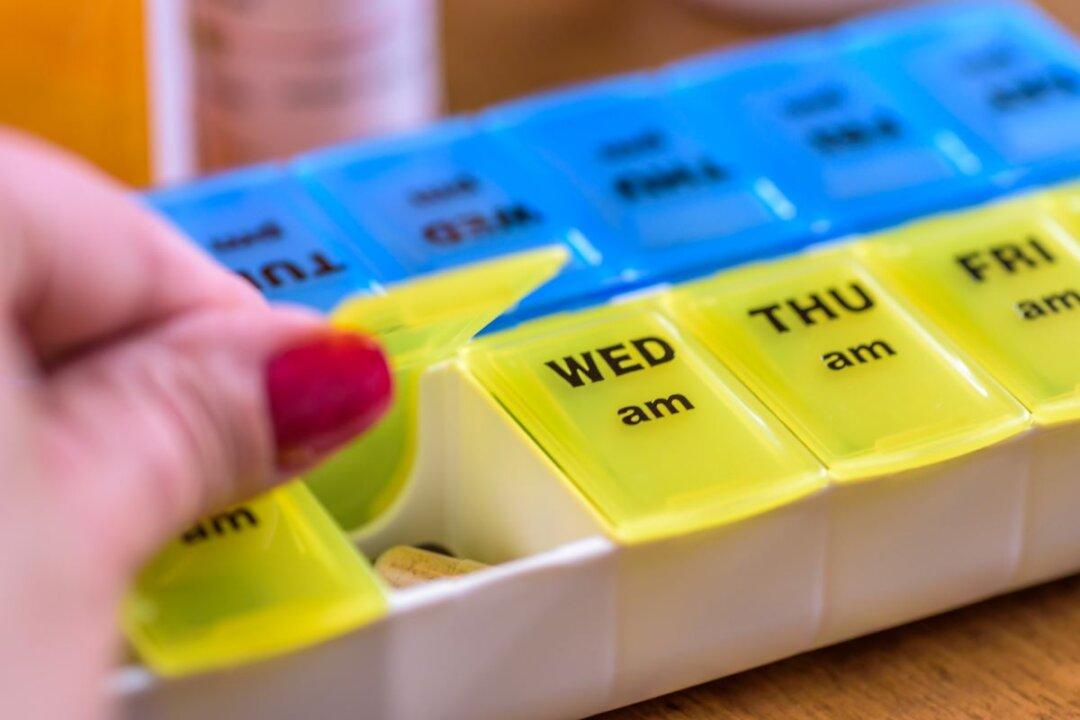The Morrison government is set to establish an Online Safety Youth Advisory Council to combat online trolling and hold social media giants to account.
According to a media release on Wednesday, up to 20 young Australians aged 13 to 24 from diverse backgrounds will form the Council, which will advise the federal government on online safety issues that impact young people.






